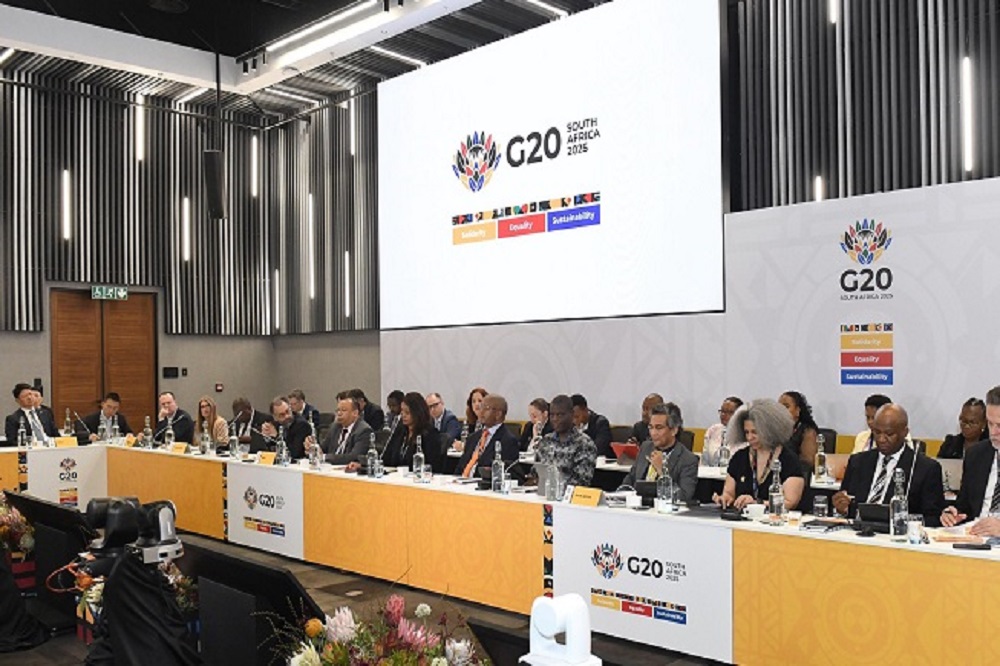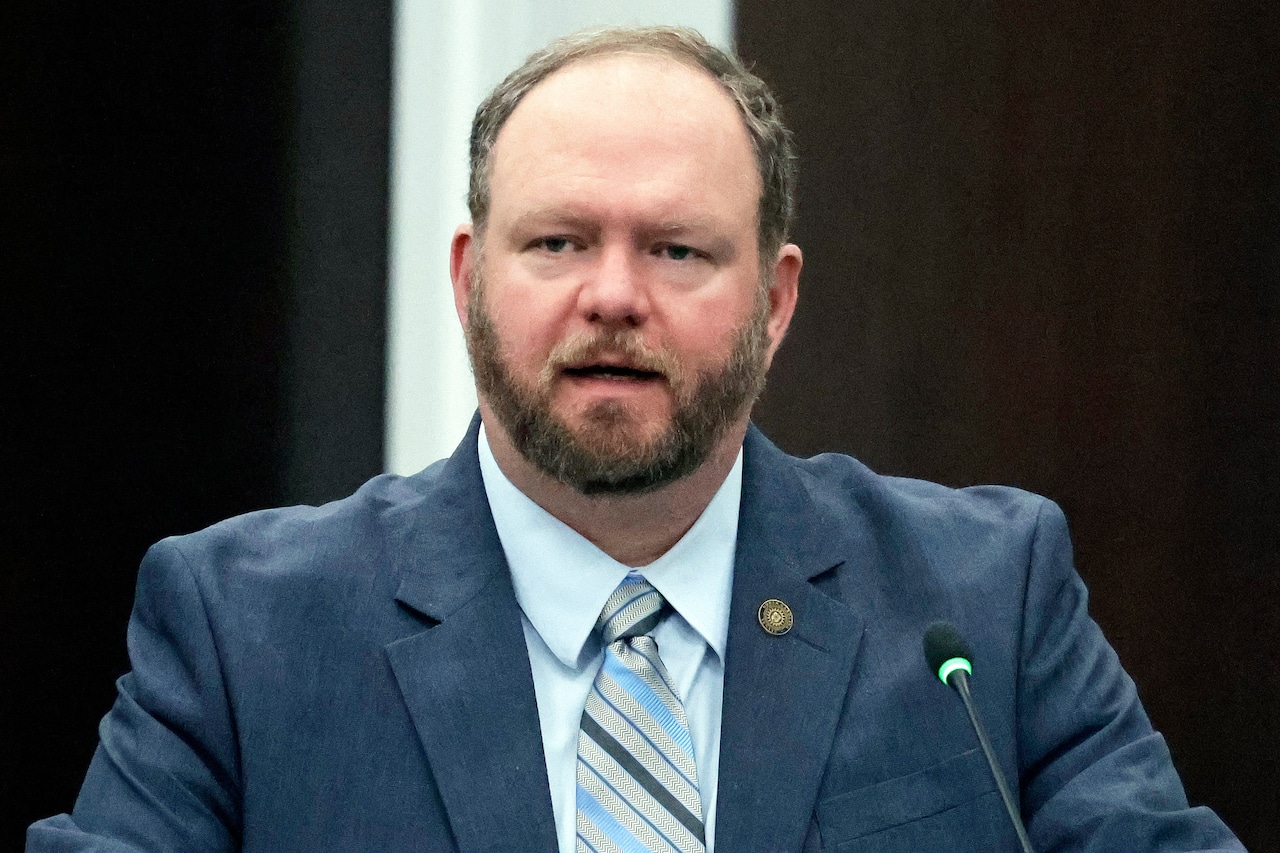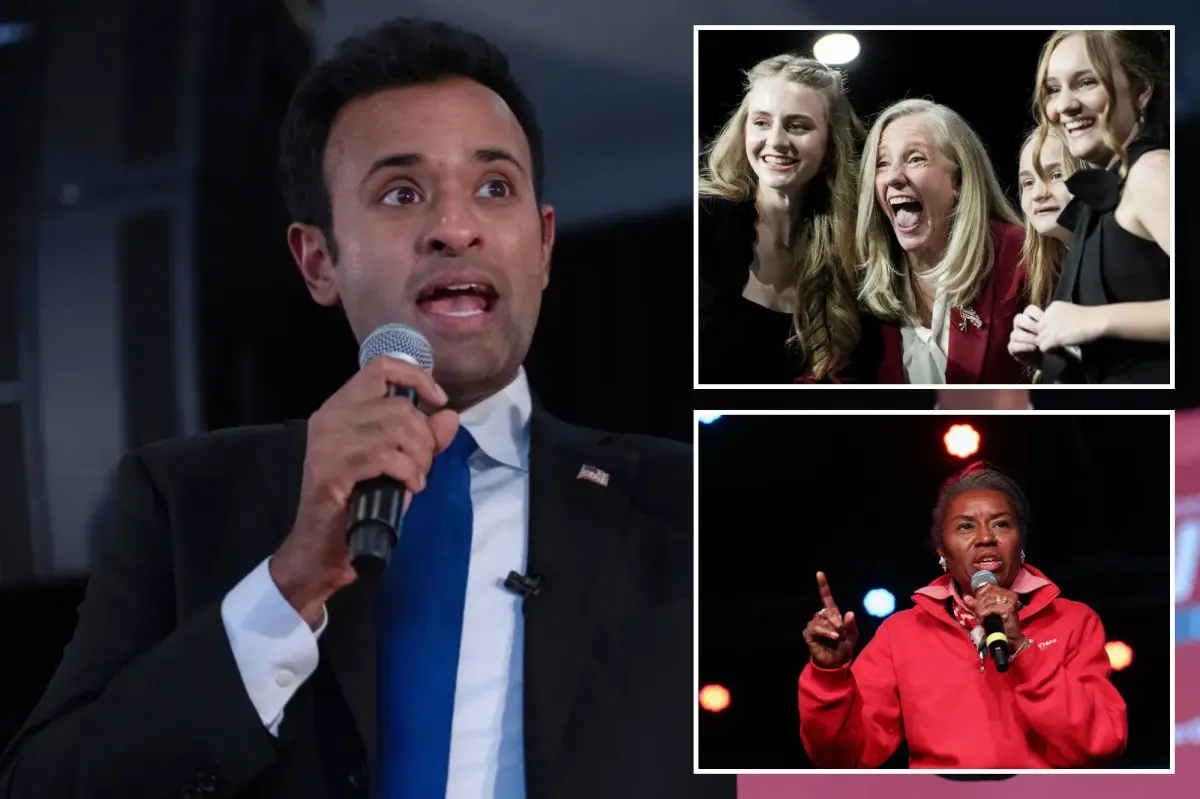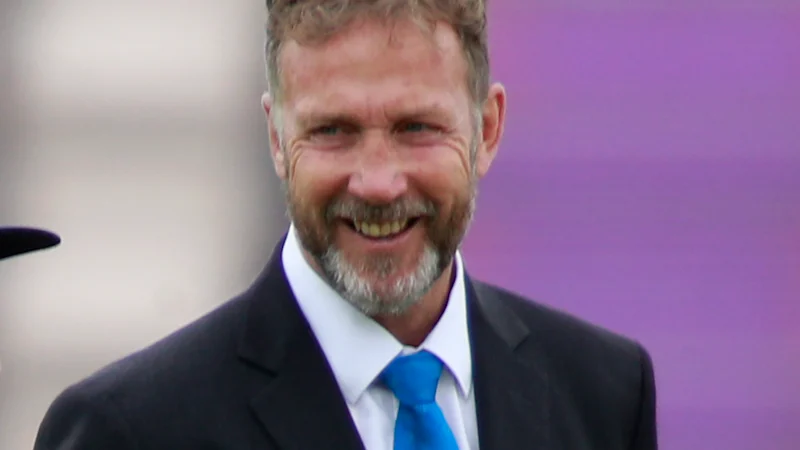Copyright sabcnews

As global leaders prepare to convene for the G20 Summit in Johannesburg later this month, a spotlight has been put on South Africa’s entrepreneurial community. Local business leaders have been challenged to not only participate in the global conversations, but to help define them. The recent 2025 South African Future Summit, held at the Sandton Convention Centre this week, gathered entrepreneurs, small businesses, investors and industry leaders for a vital conversation on the potential of entrepreneurship in shaping economies. The summit underscored the critical role of Small and Medium Enterprises (SMEs), placing them at the centre of economic growth and job creation. November marks world entrepreneurship month and this coincides with the 2025 South African Future Trust Summit and the country’s hosting of the G20 World Leader’s Summit. The SA Future Trust Summit CEO Nico Jacobs says the world meeting in South Africa for the G20 and the political conversations, becomes important for small businesses to reimagine trading globally. “We all know, for a fact, that no matter how far you go back, politics always drives economics, right? And I think it’s important for us to understand this economic world we live in. We’re faced with a massive, massive issue of unemployment in our country, low GDP growth, and the only way we can actually work our way through this situation is to help entrepreneurs.” Jacobs adds, “You know, entrepreneurs of the leaders out there, they’re employing people, they’re creating sustainable livelihoods for the families of the employees.” Entrepreneurs, investors and industry leaders engaged in conversations on market access, support, politics, trade and the economy. Standard Bank Chief Economist Goolam Ballim delivered a future economic outlook, drawing links between politics and the economy. “For the most part, we’ve spoken about cash flow. Access to markets. We, as citizens, neglect to vote. And there is an indictment. This particular exhibit just shows you the manner in which voter participation has plunged. The parties that run our country that effectively come into government, shape the guardrails, the contours in which we function.” Ballim adds, “So, the politicians have the capacity to make or break our economy. I resonate with Jonathan’s remarks in the sense that he’s talking about leaning in, taking some ownership. Business is participating, and doing it for ourselves. But we still function in an orbit where the government is a substantial influence.” Companies also got to showcase their work through exhibitions in between discussions. One of them is Tsema, a home decor business founded by Kebaabetswe Sebola who is looking to take advantage of the country’s G20 Presidency. “Africa at this point, I can say that it is open for business. There is a lot of innovation that has been coming from our African land, and like I said, my business is pretty much around that landscape of African luxury, and with the G20 coming in right now, and the global trade, you know, the collaboration between the different countries, the different continents as well, I think it will allow us to actually see how we can best expand, particularly with me as well, see how I can expand into different industries like hospitality.” The event also saw panel discussions on the sharing of ideas, partnerships, the future and potential investment avenues. Executive chairman of the Oppenheimer Generations Foundation, Jonathan Oppenheimer delivered a keynote address on unlocking potential, entrepreneurship and inclusive growth. “We are the doers of this country. We are the people who will make that difference, and we are the people who will get out there in front of us of everything, and make the future for our country. And the entrepreneur, the small business, is the cutting edge, it’s the tip of the sphere of that a cheaper, and you in this room are the tip of that tipping sphere.” Oppenheimer adds, “And I really, really believe that we, working with government, working with big business, working with communities, working with churches, working with religious groups, working with every single partner that we can find. can make the future of South Africa better than it is today, and one that we can be proud of and our grandchildren can prosper in.” The summit also had a pop-up pitch platform for businesses to sell themselves and a look at opportunities presented by BRICS and the African Continental Free Trade Area. SME’s take center stage at summit



